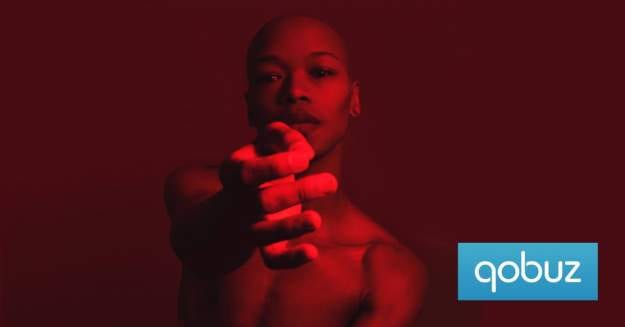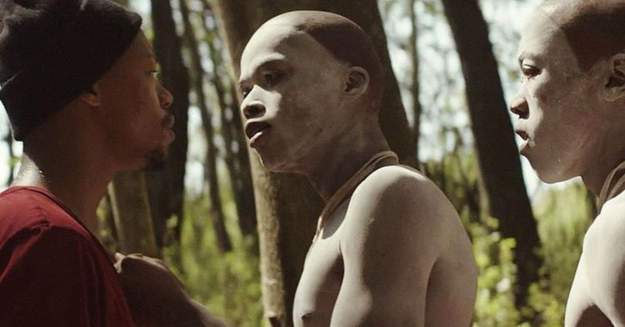For some time now, we’ve kept you up-to-date concerning the controversies revolving around the South African film, The Wound. Now, we can share with you some of the words of its main lead.
South African artist Nakhane has had a hard life so far, and it only seems to be getting harder. That said, it also seems to be making him stronger.
That hard life saw Nakhane living on the streets just five years ago. He was homeless and broke. But it was in that moment that he came to terms with his sexuality, and it was then that he knew he wanted something better for himself.
“I call it the moment where my life literally fell apart: when I’d left the church, I was living with friends, I was homeless to all intent purposes. I had nothing. I had nothing to lose,” he told the Thomson Reuters Foundation during an interview in London, where he currently lives.
“And from that point in time, it took me about two years really to not be afraid anymore,” he added.
Now, the singer-songwriter and actor has two albums and an award winning, though controversial, movie under his belt. And, he’s gearing up for a tour across Europe with his band.
That said, Nakhane’s life is still full of struggle. For instance, he’s recently shared that the music video for his song “Clairvoyant” was censored on Youtube.
In addition, there is the ever going drama surrounding the film The Wound.
The Wound is a South African film centering on the coming-of-age ritual for young men of the AmaXhosa tribe, the second largest ethnic group in the country.
While the film was celebrated internationally, it was met with harsh pushback from the AmaXhosa community in South Africa. Cast members, Nakhane especially, were receiving death threats and movie theaters were being protested and stormed.
“I know my people because I come from them and I know about the passion they have about protecting this part of the culture,” Nakhane said.
“But I didn’t know it was going to be as violent as it became.”
That said, Nakhane says that he’s happy the film ended up being so controversial, because it started conversations about the sacred practice itself and about homosexuality in the country’s more traditional communities.
“This film became what it became because of those conversations,” he said. “Suddenly the volcano just (erupted) and it takes the right time, right film, right thing, for it to happen.”
He also shared that he’s proud to have been a part of the film. Though the death threats have made him have to escape to Europe for the time being, he wants to eventually return to his home country and participate in its culture once again.
“How much worse can it get than someone detailing to you how they want to kill you?” he asked.
“You can either slink down and die from that or you can be even more defiant. If anything, those people made me stronger.”
h/t: Reuters


